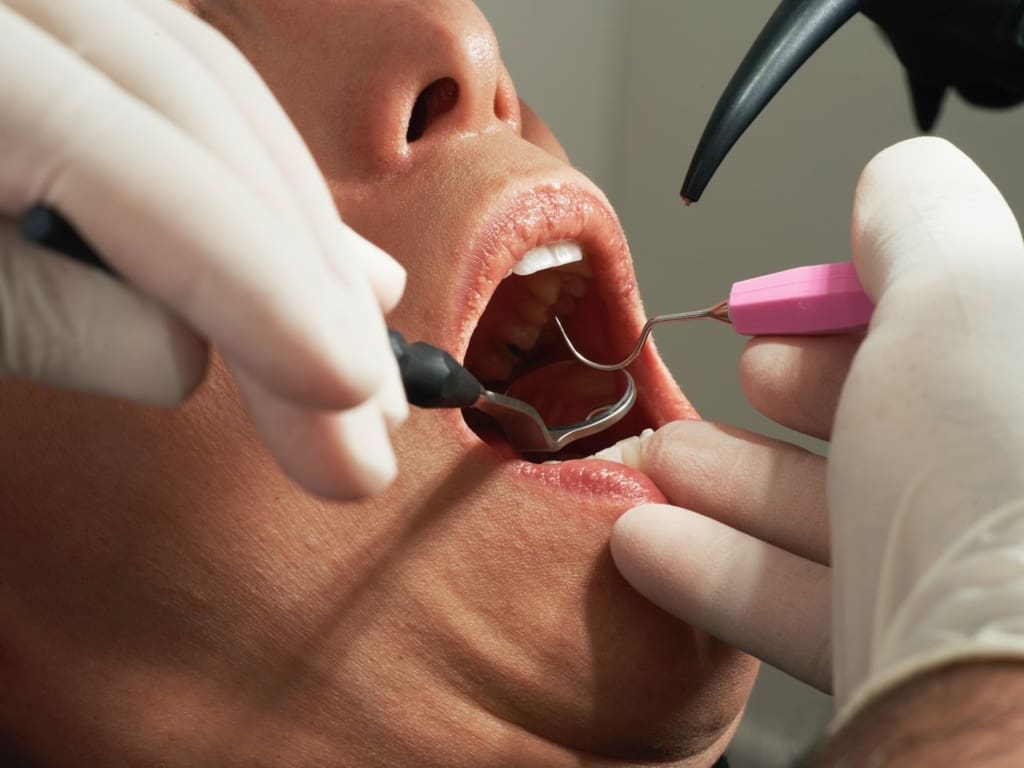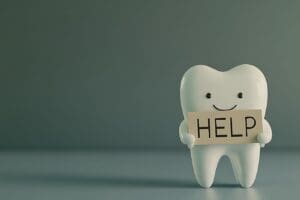Chipping a tooth can be a disheartening experience, but it’s essential to know that you’re not alone. In fact, chipped teeth are among the most common dental injuries. However, knowing what to do after chipping a tooth can make a significant difference in the outcome and save you from further complications. So, let’s explore the steps you should take immediately after chipping a tooth and discuss treatment options to help you restore your smile to its former glory.
What to Do After Chipping a Tooth
1. Assess the damage: First and foremost, assess the extent of the damage. Is it a minor chip or a significant fracture? Depending on the severity, the appropriate course of action will vary. If possible, try to locate and save the broken piece of tooth. Your dentist may be able to reattach it later.
2. Rinse your mouth: Gently rinse your mouth with warm water to remove any debris and reduce the risk of infection. If you have located the broken tooth fragment, gently clean it with water as well.
3. Control any bleeding: If the chipped tooth is causing bleeding, apply gentle pressure with a clean gauze or cloth to the affected area. Maintain the pressure until the bleeding stops.
4. Reduce swelling: If there is any swelling around the chipped tooth, apply a cold compress or ice pack wrapped in a cloth to the outside of your cheek or lip near the affected area. This will help alleviate pain and minimize swelling.
5. Take over-the-counter pain relievers: If you are experiencing pain, take over-the-counter pain relievers like ibuprofen or acetaminophen as directed. Avoid aspirin, as it may cause excessive bleeding.
6. Contact your dentist: Regardless of the severity of the chip, it is essential to contact your dentist as soon as possible to schedule an appointment. Inform them about the situation so they can advise you on the appropriate course of action.
When is a Chipped Tooth Considered a Dental Emergency?
Not all chipped teeth require immediate dental attention. However, certain situations make it necessary to treat a chipped tooth as a dental emergency:
1. Severe pain: If the chipped tooth is causing unbearable pain, it may indicate damage to the nerves or blood vessels. In such cases, immediate dental intervention is necessary to prevent further complications.
2. Sharp edges: If the chipped tooth has sharp edges that are cutting your tongue, cheek, or gums, it requires urgent dental care. In the meantime, you can place dental wax or sugar-free chewing gum over the sharp edges to protect the soft tissues in your mouth.
3. Exposed nerves: If the fracture has exposed the nerves inside the tooth, it is considered a dental emergency. You may experience severe pain, sensitivity to temperature, and even difficulty in breathing or swallowing. Contact your dentist immediately for proper assessment and treatment.
4. Infection risk: If the chipped tooth is accompanied by swelling, pus discharge, or fever, it may indicate an infection. An untreated infection can spread rapidly and lead to severe complications. Seek immediate dental care in such cases.
The Bottom Line
Chipping a tooth can be an unsettling experience, but knowing the appropriate steps to take and when to seek professional dental help can make all the difference in ensuring a swift recovery. If you have chipped a tooth, do not hesitate to contact your dentist for advice and guidance on the best course of action. Remember, early intervention can help prevent further complications and preserve your dental health.
At Northampton Dental Specialists Group, we are committed to providing our patients with the highest level of care, especially when it comes to dental emergencies. Our 24-hour emergency dentist service ensures that you can receive the treatment you need when you need it most, preventing further damage and restoring your oral health. If you find yourself in need of urgent dental care, don’t hesitate to contact us!





